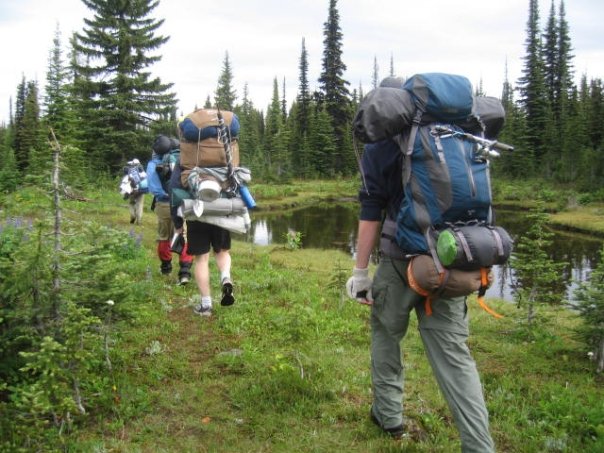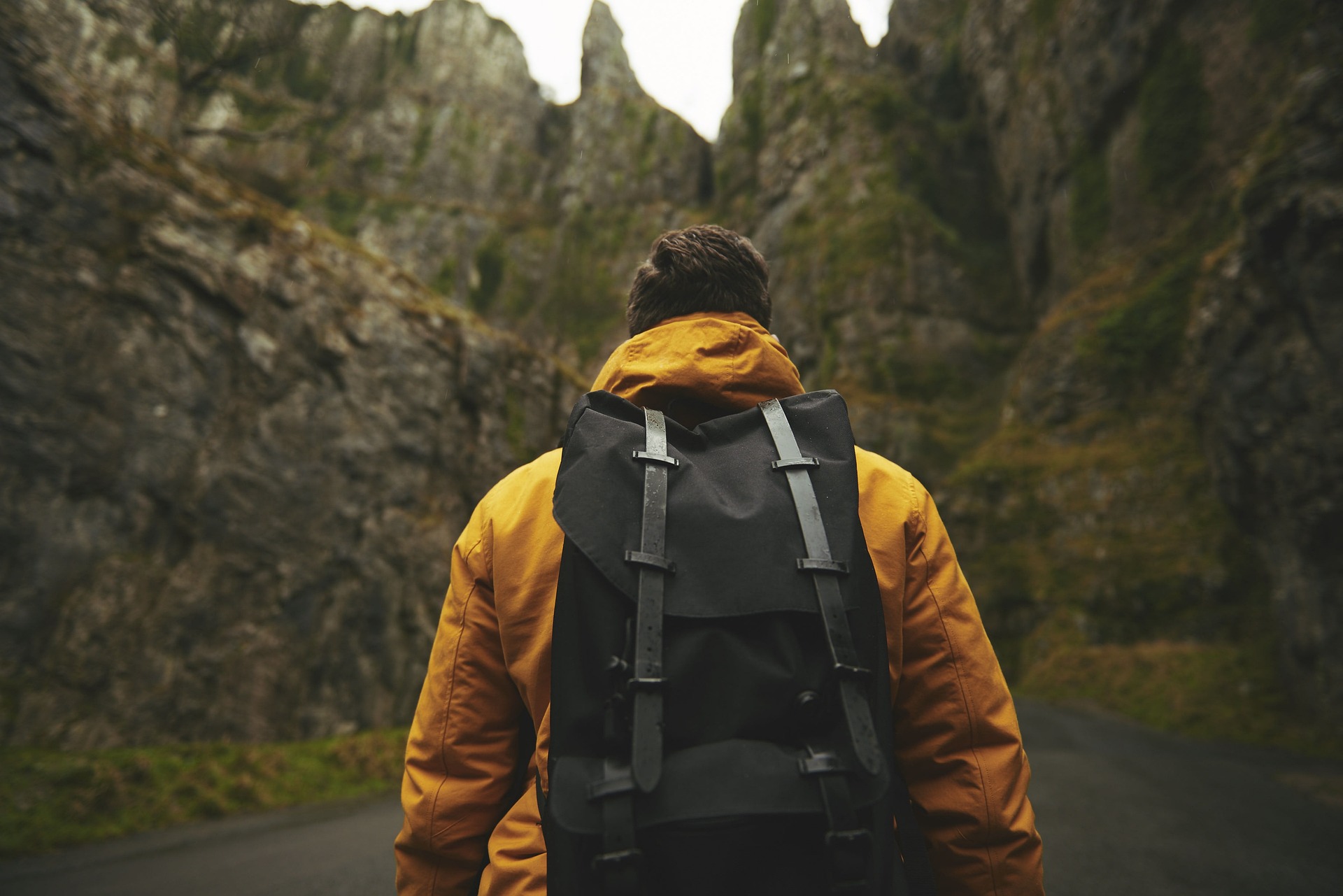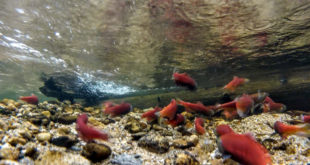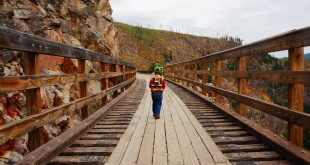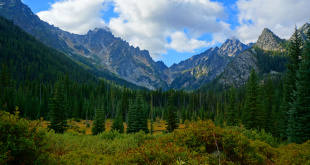Some friends of ours just came down to visit us here in Bolivia. They wanted to try some backpacking. Colleen, an avid jogger and 1-time marathoner has never been on more than day hikes. I thought it’d be a great opportunity to find out what kind of questions a first-time backpacker had and try to put some answers together.
Please feel free to chip in with your questions and/or answers.
Q. What is the minimum equipment necessary for a backpacking trip?
A: Every trip starts with the Big 3: a backpack, shelter and sleeping bag. For comfort I’d add a sleeping pad too. Next you’ll want to bring a rain/wind layer, insulation layer (a simple fleece), base layer, socks and a good set of shoes or boots. After that you’ll want food, snacks and water.
Q. What are good, concise resources for beginner backpackers?
A: There’s a well recommended book called The Joy of Backpacking, by Brian Beffort. Another slightly more detailed book is Andrew Skurka’s The Ultimate Hiker’s Gear Guide. Don’t be deceived by the title, it’s much more than a gear guide and answers a lot of your following questions.
Q. What is a reasonable distance to travel in a day?
A: “Reasonable” depends on a lot of factors. A couple questions to ask yourself are: what kind of shape you’re in? How many hours of daylight you have? What is your elevation, elevation gain and/or loss? and what is the weather like? As you jog about 3 to 8 miles, 3 times a week, assume that you could handle the same easily with a 20-30 lb pack per day. Take into account terrain and trail conditions. It’s better to start small and work your way up as you feel more comfortable.
Q. How can you combat the effects of altitude?
A: The best way to do that is to acclimatise yourself. Spend up 7 to 10 days at close to the altitude that you’ll be hiking to make hiking easier and more enjoyable. Drinking lots of water and avoiding a lot of protein can also help. Your body needs 10% more O2 to digest protein. If you notice any symptoms, your only sure cure is to get down to a lower altitude as soon as possible.
Q. What are your nutritional needs ona backpacking trip?
A: Assume that your calorific intake is 3000-3500 calories a day. You may find that you’re not as hungry and can get by with less, but it’s a good average. Try to bring foods that are slow release energy and that won’t leave you on a sugar low an hour or two later.
Q. How can I find good places to backpack near me?
Your best bet is to go to your local outdoors store and tell them what kind of trail you’re looking for. Alternatively, find a trail review website. You’re in Virginia. A quick search found http://www.hikingupward.com/. Some well recommended sites are: http://alltrails.com/search, http://www.gorp.com/ and http://www.wildernet.com/ .
What are some skills/survival skills to learn before I go?
As you know, I feel strongly that people should know some basic skills if they’re going to head out into the back country. Many people carry a survival kit, but don’t know how to use it. The very basic things are how to use a map and compass and how to start a fire. With that you can self rescue or hole-up until rescuers can find you.
How do you find your way if lost or separated from your group?
We teach our kids to hug a tree. Trying to self rescue can often get you more lost. Check out a good survival guidebook like the SAS Survival Handbook for more thorough tips.
If you are lost, find an area near where you are that provides some protection from the elements but where you are visible to searchers. Blow your whistle 3 times, sit down, have something to eat and look at your map. You may be found by the time you’ve done all this, and if not you’ll be in a much calmer state. Continue to blow your whistle 3 times every now and then in case searchers are near. If it’s getting later in the day, it’s better to set yourself up for the night and wait for the next day.
There’s a handy tip called resection which goes a long way to helping you find where you are and how to get home.
Q. How do you plan for weather?
Most areas will have weather stations that you can check online. Forecasts will be a huge help in your planning. Also, check historical weather patterns for the area to get an idea of worst and best case scenarios. Just remember that they’re not 100% reliable. I always bring a rain layer, insulation layer (like a fleece) in addition to a wicking layer (not cotton!) even if the forecast is sun.
What other questions should I be asking?
This is where I turn to you the reader. What other advice do you have to offer or what questions did you have as a first time backpacker?
 The Outdoor Adventure Giving you tips, tricks & recommendations to help make adventuring in the Outdoors fun, safe & exciting for you and your kids.
The Outdoor Adventure Giving you tips, tricks & recommendations to help make adventuring in the Outdoors fun, safe & exciting for you and your kids.
